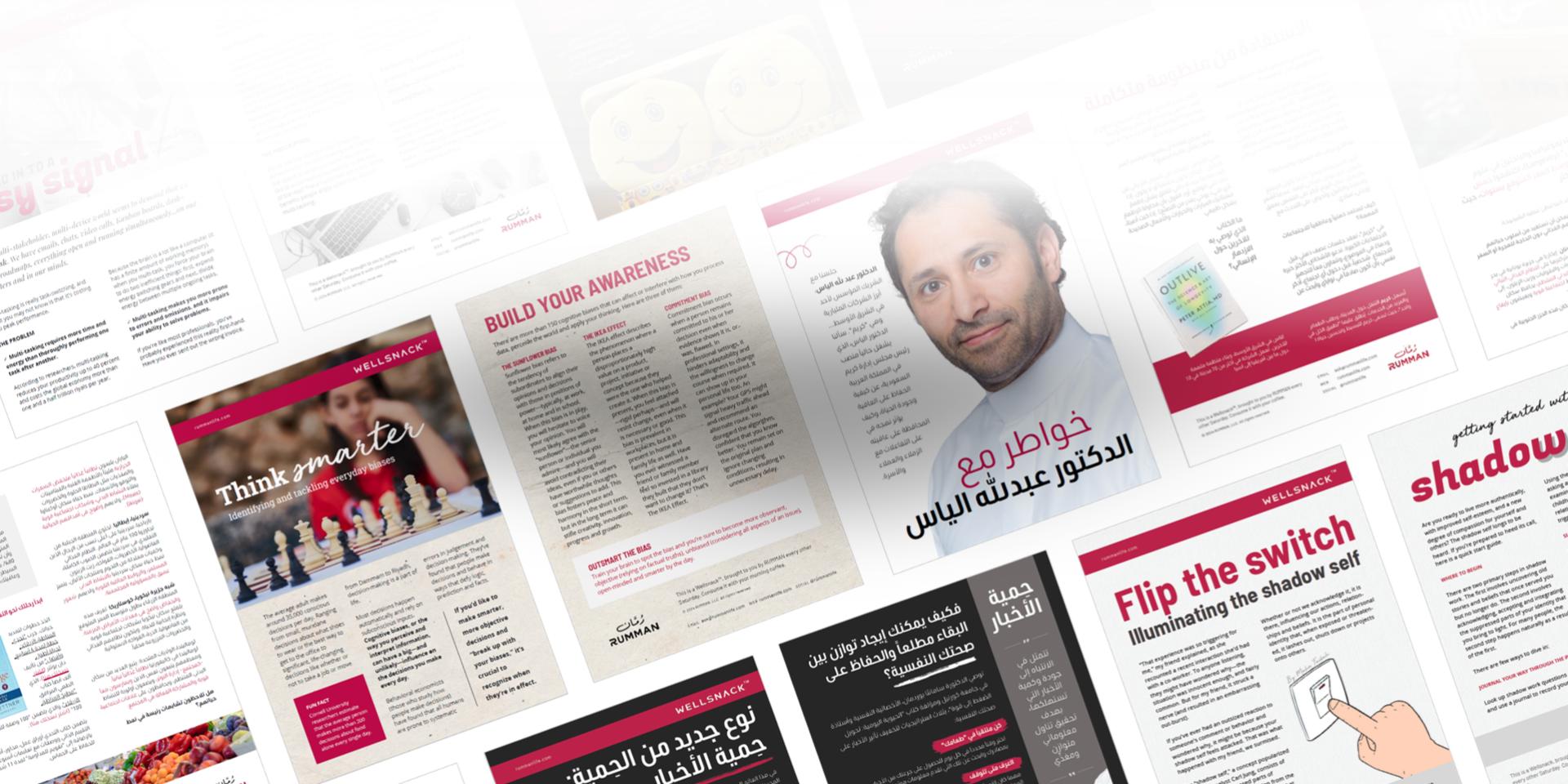
by Iyad Uakoub
Imagine a world where work means more than a paycheck. It aligns with what matters to you. It fuels your growth. Your work positively impacts the lives of others. Does this world sound unattainable? It doesn’t have to be.
Many people today find their jobs lacking meaning—a disconnect that leads to decreased job satisfaction, lower productivity, and higher turnover rates.
Meaning is one of the essential elements of wellbeing. It is the “M” in PERMA, Martin Seligman’s famous framework. Numerous studies have shown that meaningful work predicts and moderates purpose in life.
A recent McKinsey study suggests that 70 percent of people define their purpose in life through work.
Despite widespread recognition of the importance of meaningful work, there needs to be more than one-size-fits-all definition. Meaning is personal and influenced by individual values, cultural context, and environmental factors. However, my extensive research in this area for the past eight years has identified four common themes that consistently appear across studies.
➽ Personal Significance: Feeling that one’s work matters personally
➽ Impact on Others: Contributing positively to society
➽ Growth: Personal and professional development
➽ Culture: Supportive and inclusive environment
We surveyed 2,000+ participants from diverse backgrounds at a top research institution and found that these four factors consistently ranked higher than paychecks, prestige, or job titles.
Cultivating meaning at work and in life won’t happen overnight. It's not something you find...it’s something you actively foster. What's more, it is not solely an individual or solely an organizational responsibility. Cultivating meaningful work requires a synergistic approach— an approach that is worth the effort because it benefits both collective and individual wellbeing.
Organizations can align sources of meaning with organizational drivers and individual influencers.
Leaders can foster a more meaningful work experience for both themselves and their teams by (a) providing space for genuine reflection and (b) encouraging ongoing alignment. Ask these simple, evidence-based questions in your next one-on-one with team members:
• On a task level, what excites you the most, what doesn’t, and why? (personal significance)
• Where would you like to deepen your impact, and how does that make you feel? (impact on others)
• How does this role help you grow in ways that matter to you? (growth)
• What do you like most about the organization, and where do you need support? (culture)
Iyad Uakoub is a Harvard and Stanford-trained behavioral scientist, people leader, and executive coach based in Silicon Valley. He has led people, learning, and executive coaching programs at three tech unicorns and has worked with leaders from Google, Microsoft, and Amazon on inclusive systems, leadership development, meaningful work, and multigenerational workplaces.